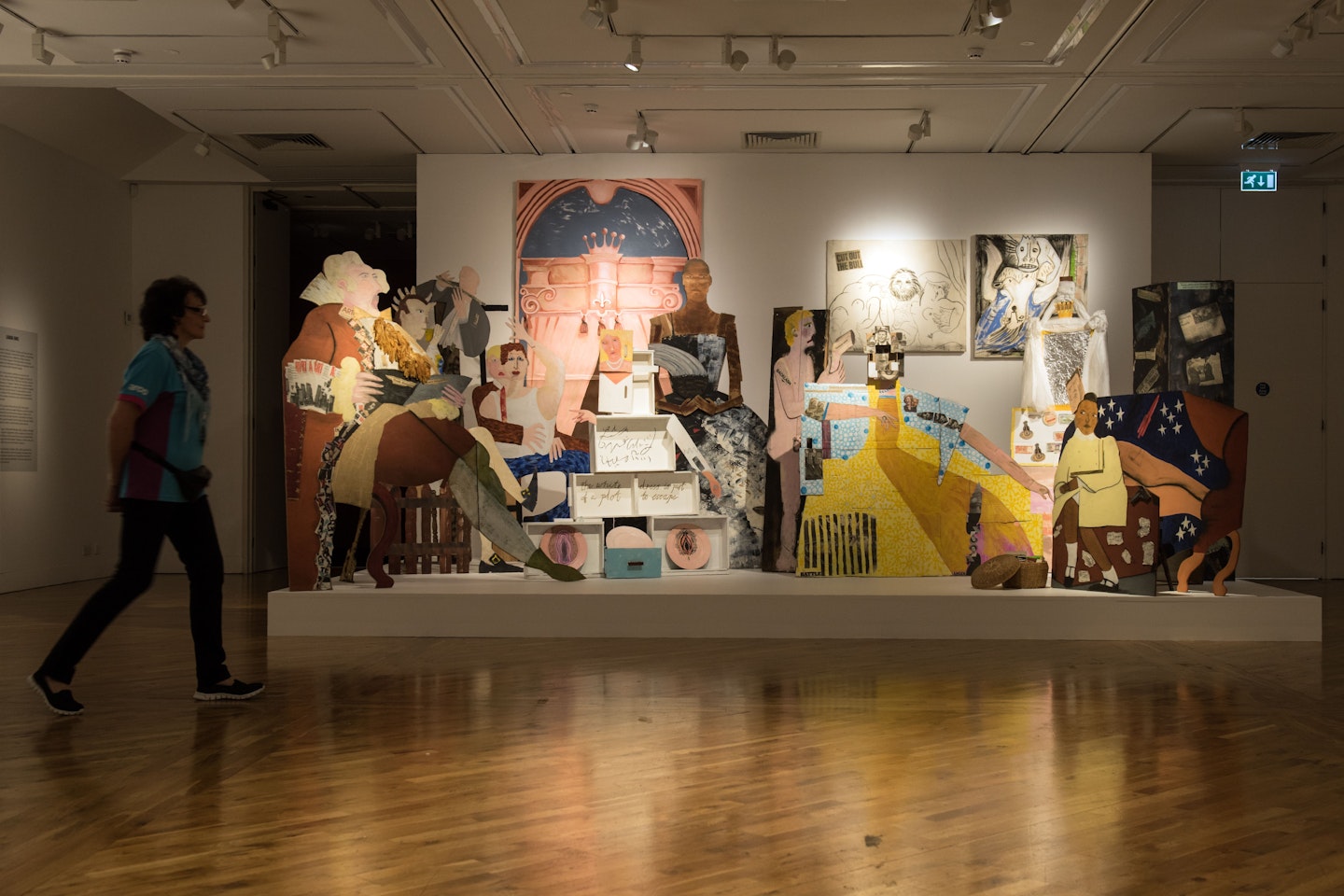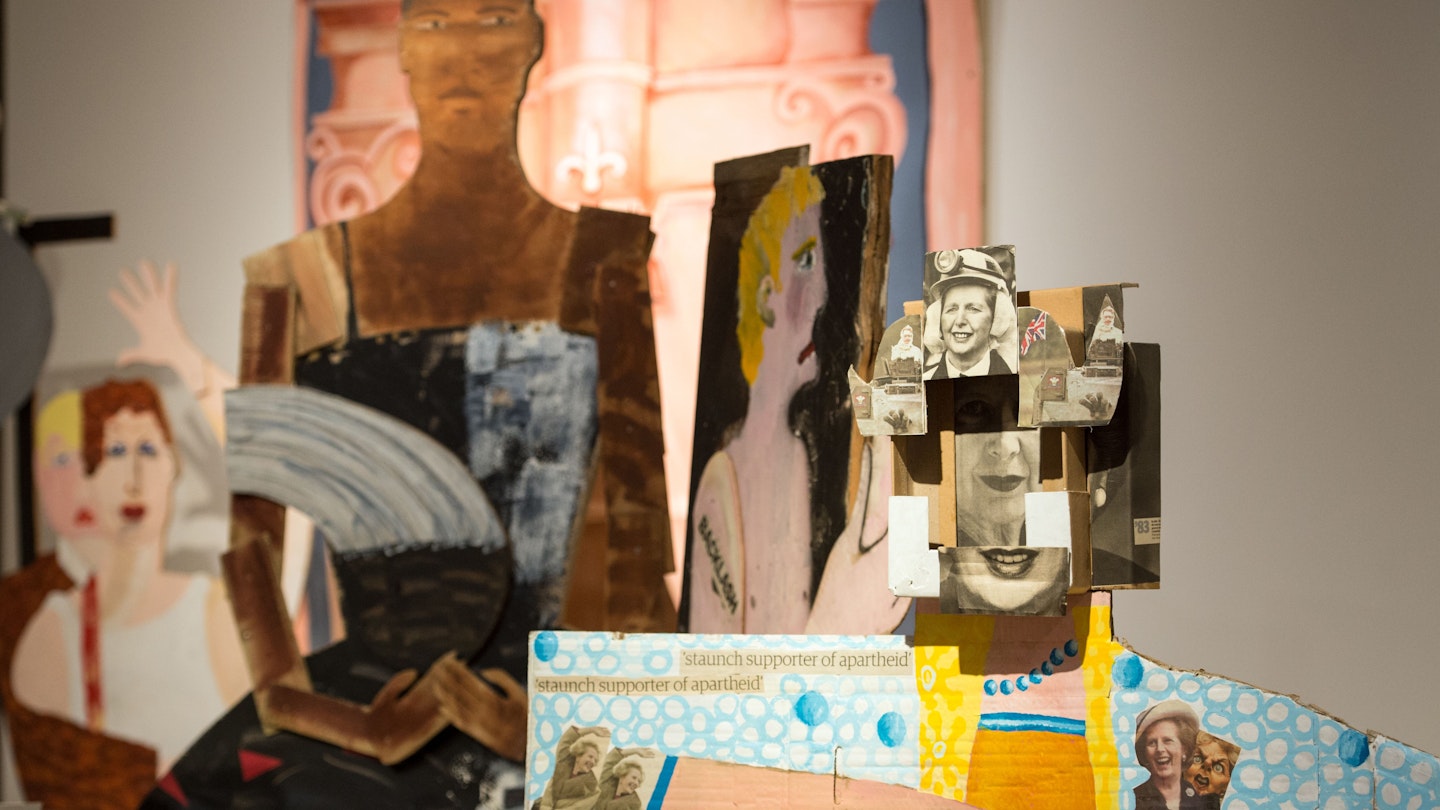‘I mean, they say you die twice. One time when you stop breathing and a second time, a bit later on, when somebody says your name for the last time.’ Banksy once said.
It’s a romantic quote, and one you may well have heard before. But in today’s world, the unspoken truth is that we fear dying *three *times. Yes, there’s the kind of demise that gets you a death certificate and the one that signals the end of your legacy, but the third death is much more immediate. Hitting 30 (or 40, or 50) is that other ‘death’ we fear. We worry that if we don’t achieve professional or interpersonal perfection by a certain age, it’s too late, and prematurely mourn the death of our prospects.

That might sound a bit melodramatic, especially coming from someone in their early twenties. But the statistics show that we worry about our achievement, and that the worrying starts early. Last year, members of the Association of Teachers and Lectures (ATL) reported that children as young as six were ‘stressed’ about achievement in exams, with 82% of those asked asserting that students were under more pressure than 10 years ago. That pressure only builds as we get older, and lists such as Forbes 30 Under 30 don't help us to shake off our belief that if haven't achieved by a certain age we never will.
That’s why Lubaina Himid’s winning the Turner Prize is such a breath of fresh air. The 63 year-old artist, who is the oldest winner in the institution's 33 year history, won the £25,000 prize for her 'paintings, prints, drawings and installations which celebrate Black creativity and the people of the African diaspora while challenging institutional invisibility.' Her victory is somewhat of a double whammy: the Zanzibar-born, Preston-raised creative is also the first black woman to win the prize. The shortlisted artists come from non-traditional backgrounds too. Rosalind Nashashibi, Andrea Büttner and Hurvin Anderson completed the lineup, making this the most diverse shortlist in terms of gender and ethnicity.
But the headlines have mostly revolved around this being the most senior cohort the Turner Prize has shortlisted in years, and for good reason. Organisers disqualified over 50s from the running in 1991, seven years after the foundation of the prize. It was a change that reflected contemporary art's obsession with youth. While Renaissance art championed mastery, precision and experience, the art world of the late 20th and early 21st centuries has worshipped the young up-and-coming creatives and their cool new ideas. (Last year's winner Helen Marten was, coincidentally, the youngest winner to date at 30. The youngest artist shortlisted this year is 43.) That might be linked to the rise of celebrity culture, where young and beautiful is best, but it unfortunately implied that more experienced artists - or older people in general - had already reached the limit of their abilities.
Himid's career has shown that this is really not the case and whether you're artistically inclined or not, the same goes for you. Life is not a race but a journey, and Himid's has taken on a new dimension.
So even if contemporary art leaves you Dazed and Confused, there's a lesson we can all learn from this year's Turner Prize. And it's a simple one.
Relax. When it comes to fulfilling your potential, there really is no rush.
Liked this? You might also be interested in:
Famous Artists Have Created Thought-Provoking Posters Urging People To Remain In The EU
Want Art On-Demand? This Museum Will Text You Pictures Of Fine Art
This article originally appeared on The Debrief.
